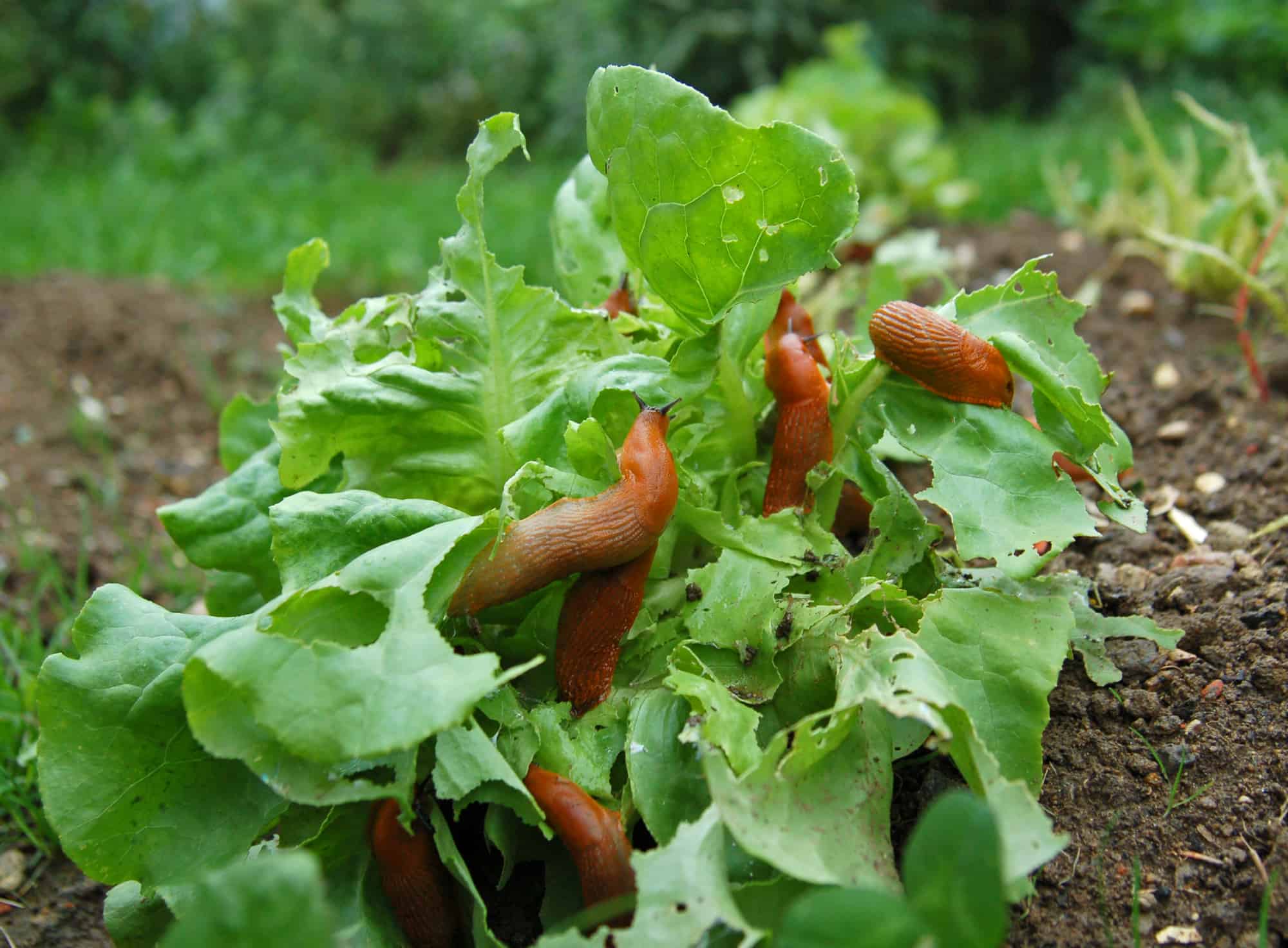Keeping your pet’s enclosure clean, tidy and free from pests is essential for their health and wellbeing. We’ve all experienced the frustration of unwanted guests feasting on our pet’s food or leaving slime trails everywhere.
It can be a real headache to keep on top of slug and pest control, but there are easy ways to reduce their presence around the house. These slimy creatures are one of the most persistent pests in gardens, as they thrive in humid conditions.
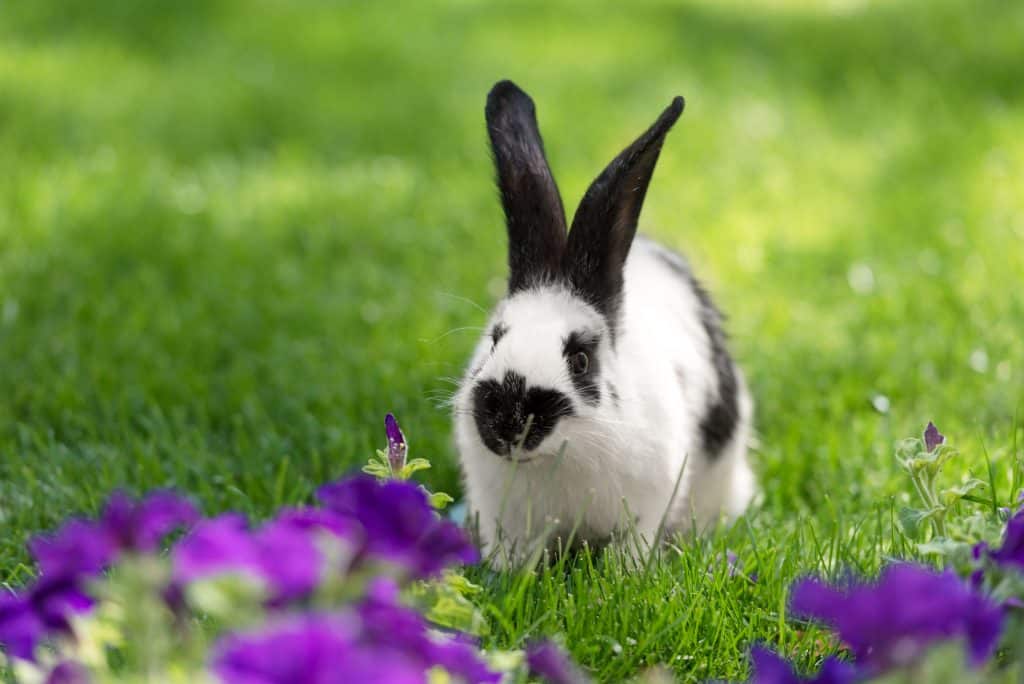
They’re also nocturnal, coming out at night to feed on plants—especially ferns and other moisture-loving plants—as well as leaves that have fallen from trees or hedges. They thrive in any garden where these conditions exist, so it’s important to know how to stop slugs eating rabbit food effectively.
How To Stop Slugs Eating Rabbit Food?
Before you can get to grips with stopping slugs from eating rabbit food, you’ll need to know how they damage plants in the first place. While they do eat a variety of garden plants and flowers, they’re particularly partial to ferns, vines, and plants with ample foliage.
Some plants are more sensitive to damage than others, but slugs can leave almost any kind of garden looking unkempt and disheveled. Slugs prefer cool, moist conditions—they’re less active in dry weather—so your best bet for keeping them out of your garden is to reduce moisture where possible.
Build A Barrier
One of the best ways to prevent slugs from eating your rabbit’s food is to create a physical barrier between their enclosure and your plants.
This can be as simple as placing a layer of wood chip mulch around the border of your pet’s pen; slugs won’t be able to climb over this barrier and reach the food.
Rather than placing the wood chip directly on top of the soil in your pet’s enclosure, try tucking it in around the sides to create a barrier between the food and the floor.
This will help to keep the dirt clean and dry, reducing the risk of mold and bacteria. It’ll also prevent your pet from accidentally ingesting any soil.
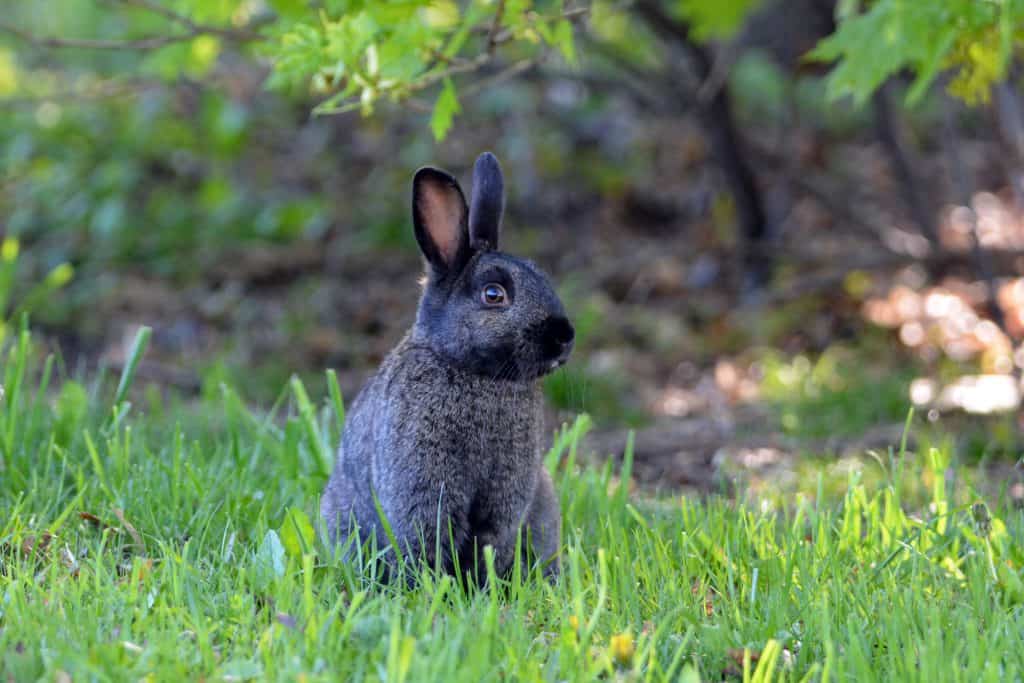
Use Slug Repellent
While barrier methods may work for a while, many gardeners find that, over time, slugs build up a resistance to the plants in their environment and become less affected by the repellent. However, it’s essential you do not use slug repellent anywhere near your rabbit’s food, or food bowls, as it’s toxic.
You could use a variety of repellents to combat these pests. But the most effective are the ones that contain metaldehyde. Which is the same chemical that you can find in most anti-slug pellets. You can find pet-friendly slug repellent, though.
To be effective, repellents must be applied directly to the plants themselves. Rather than sprinkled over the soil or applied to the ground nearby. It’s important to follow the instructions carefully, though, as over-application can be harmful to other animals in the garden, as well as your plants.
You could try scattering slug repellent around the outside of the building or hutch at night. However, you need to ensure your rabbit cannot get anywhere near the repellent.
Keep The Rabbit Food Well Protected
Trying to protect your rabbit’s food is essential. Particularly if you have a large enclosure or garden. Food-grade buckets and feed troughs are a good way to keep everything contained and prevent pests from getting to the food.
If you’re using a container that isn’t designed to keep pests out. You can line it with mesh, netting, or a metal guard to keep slugs and snails out. These guards are available in a variety of different shapes and sizes.
They are easily fitted around your feeding bowls to keep pests at bay. You can also use them with grow bags, meaning you can use them for both indoor and outdoor plants.
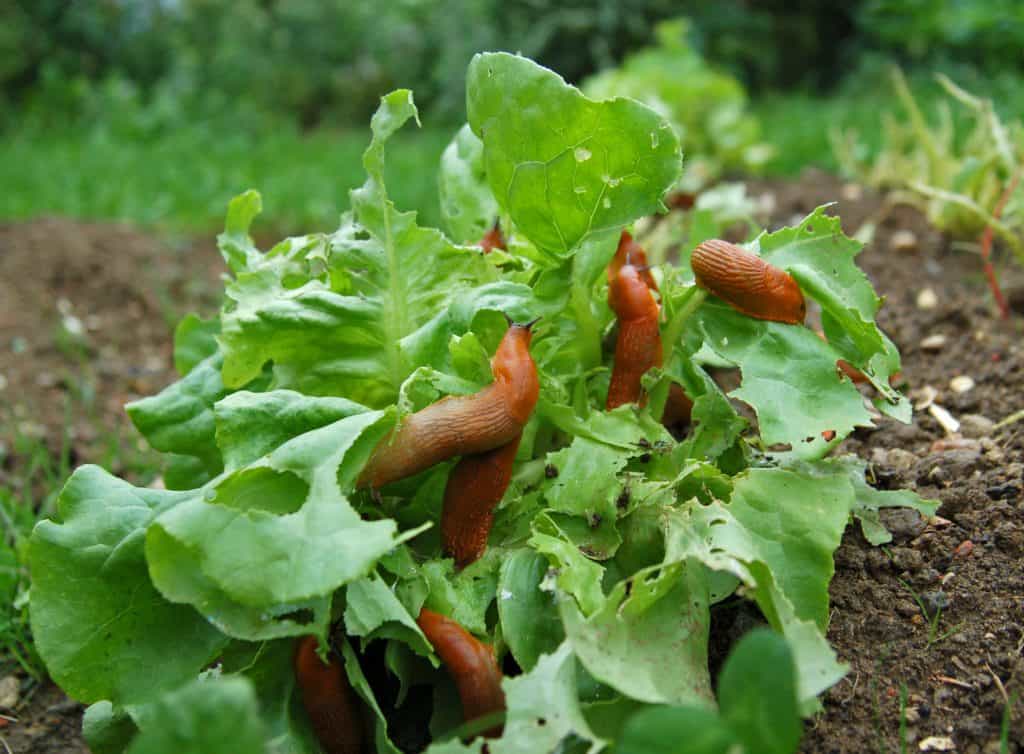
Install Metal Guards
The simplest way to stop slugs from eating rabbit food is to install metal guards. These can be fitted around your plants or containers to protect them from pests.
They’re ideal for protecting young or vulnerable plants from damage and can be used with a variety of different containers. There are a number of different types of metal guard available. Including spiral and mesh, and they come in different sizes to suit every situation.
They’re particularly useful if you have a large garden, but have a smaller pet enclosure. As they can be easily transported to wherever your plants are growing. They’re made from durable materials, so they’ll last for years, and are easy to clean, making them ideal for use with pets.
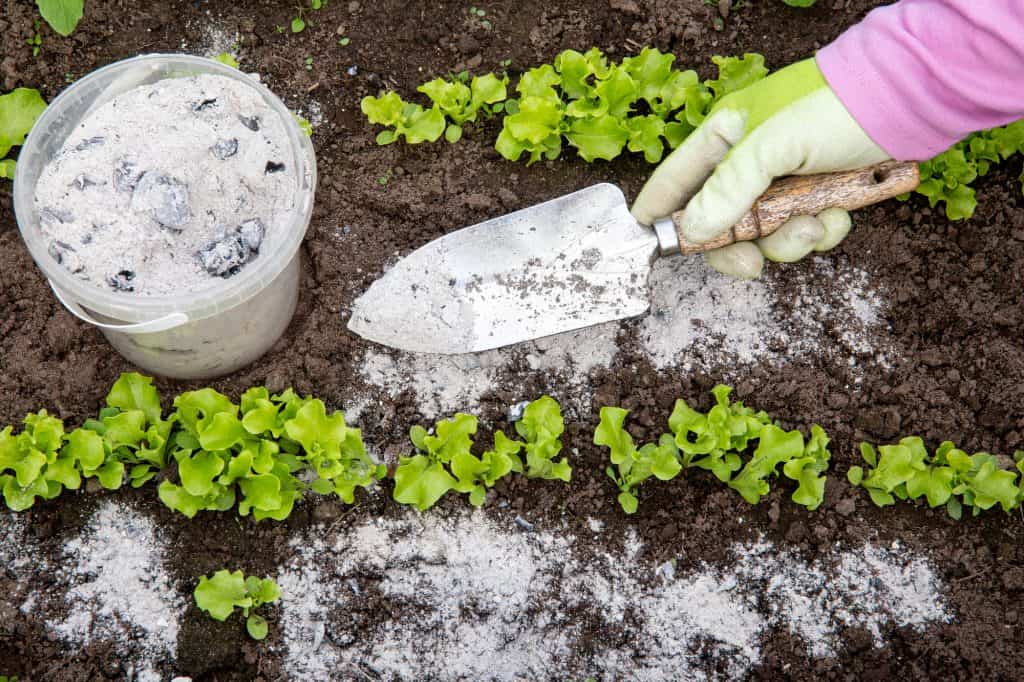
Slugs are one of the most persistent pests in gardens, as they thrive in humid conditions. They’re also nocturnal, coming out at night to feed on plants. Especially ferns and other moisture loving plants—as well as leaves that have fallen from trees or hedges.
They thrive in any garden where these conditions exist, so it’s important to know how to stop slugs from eating rabbit food effectively. Keeping your pet’s enclosure clean, tidy and free from pests is essential for their health and wellbeing.
We’ve all experienced the frustration of unwanted guests feasting on our pet’s food or leaving slime trails everywhere. It can be a real headache to keep on top of slug and pest control, but there are easy ways to reduce their presence around the house.

Hi! I’m Lala, and I’m the owner of RabbitLala.com. When I’m not writing about rabbits, I enjoy traveling, trying out new recipes and enjoying my hobbies.
I’ve always loved animals, so it was no surprise when I started a website devoted to one specific animal: rabbits! Rabbits are amazing creatures, and there’s so much to learn about them.
I love traveling and trying out new recipes, and my hobbies include crocheting and painting.

